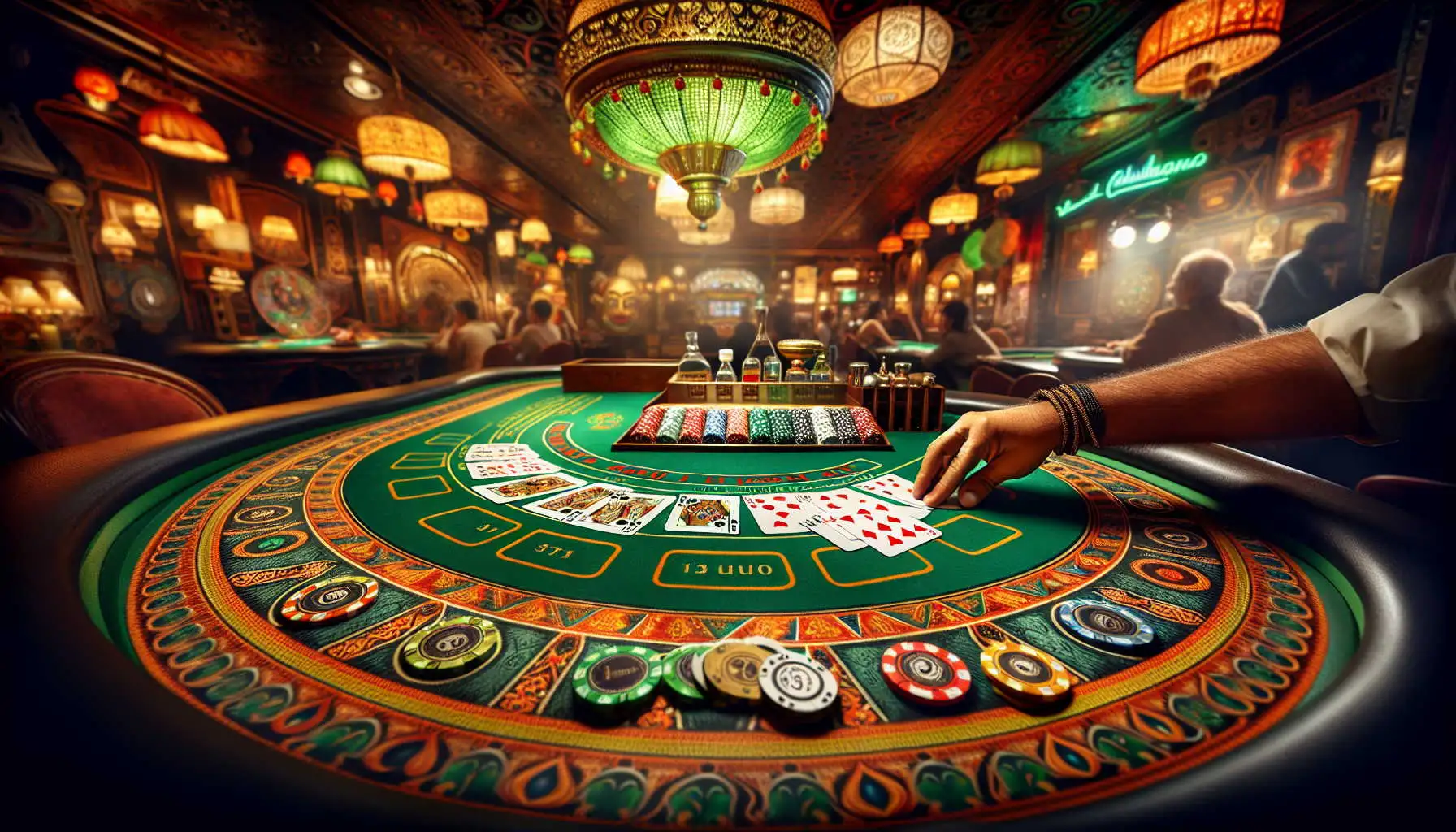From Slots to Table Games – The Psychology of Casino Game Selection
Slot machines generate significant revenues, yet table games also generate considerable earnings. Understanding casino game psychology is crucial for both operators and player alike to make responsible decisions when participating in casino gaming activities.
At the core of every casino game lies an element of surprise – one which triggers dopamine release and keeps participants coming back for more! This thrill keeps participants engaged with a sense of anticipation that keeps them returning time after time.
Game of chance
An unpredictable game of chance enthralls players with its promise of the unknown and thrills from risk combined with happiness of a big win. Can skill make up any differences in playback? That depends on whether it is pure luck-based gaming or one that involves both.
Some gambling (roulette, slot machines, etc) is entirely luck; some games are luck accompanied by skill (poker, blackjack, and so on), and while these games still involve some luck, strategy and dexterity can make or break a player’s chances.
Various sociological analyses of gambling are available, but no design analysis has yet been undertaken. Researchers have shown that gamblers are commonly vulnerable to behavioural biases such as hot-hand fallacy and illusion of control (Clotfelter & Cook 1993; Ayton & Fischer 2004). This type of bias probably comes from game or underlying brain structure and playout rules.
Game of skill
Skill games require musculature and mental resilience. They can improve their skills with practice, but don’t forget that no game will be 100% luck free, some type of skill game such as online slots, bingo, or snakes and ladders – those fun games don’t need to be played at all!
Traditionally, courts considered whether a game was skillful or accidental. This difference was legally significant since it defined whether money wagers were gambling or not. Statisticians would use sophisticated tests to discover which features tended toward skill and which toward chance.
It turns out that difficulty level is an important factor in achieving flow, and scientists know this for sure. The wrong game might create little playability; the right game can cause frustration and discouragement.
Illusion of control
Gambling gives us a form of illusion of control: it is the mental misdirection that results when people feel they can have any sort of control over outcomes that are purely unpredictable and end up playing to the bone. It is essential to the provision of effective treatment to problem gamblers that we understand its function.
The Harvard psychologist Ellen Langer called this bias the “illusion of control” — in which individuals misrepresent their subjective probability of success in relation to objective probabilities. She ran six experiments to examine this effect, and found that it was most prevalent when skill cues like choice, involvement, competition and familiarity were added to random events like choice.
In one experiment, participants were allowed to choose two games (cut cards, or spin a wheel) and then had to estimate how much they controlled each outcome and their confidence level.
Social interaction
Casino games may or may not provide psychologically satisfying casino play, depending on players’ skill, expectation, and social engagement. Being cognizant of these factors allows developers to design a game that evokes an emotional response, which keeps the player engaged – such as novel rewards, challenges, emotional reactions or personalised experiences for instance.
Talking and mumbling social interactions were recorded during about half of total playback (hh:mm:ss). They were mapped in MAXQDA 2018 and relative values calculated to see how interactions varied by game mode; competitive, creative and neutral game modes were accompanied by higher interactions.
Findings suggest that subjective responses to near-miss results are a function of personal control, consistent with event-related potential data showing how RACC varies according to whether or not an event was personal to individuals. And this pattern tells us that these brain responses are tied to gambling desire.




